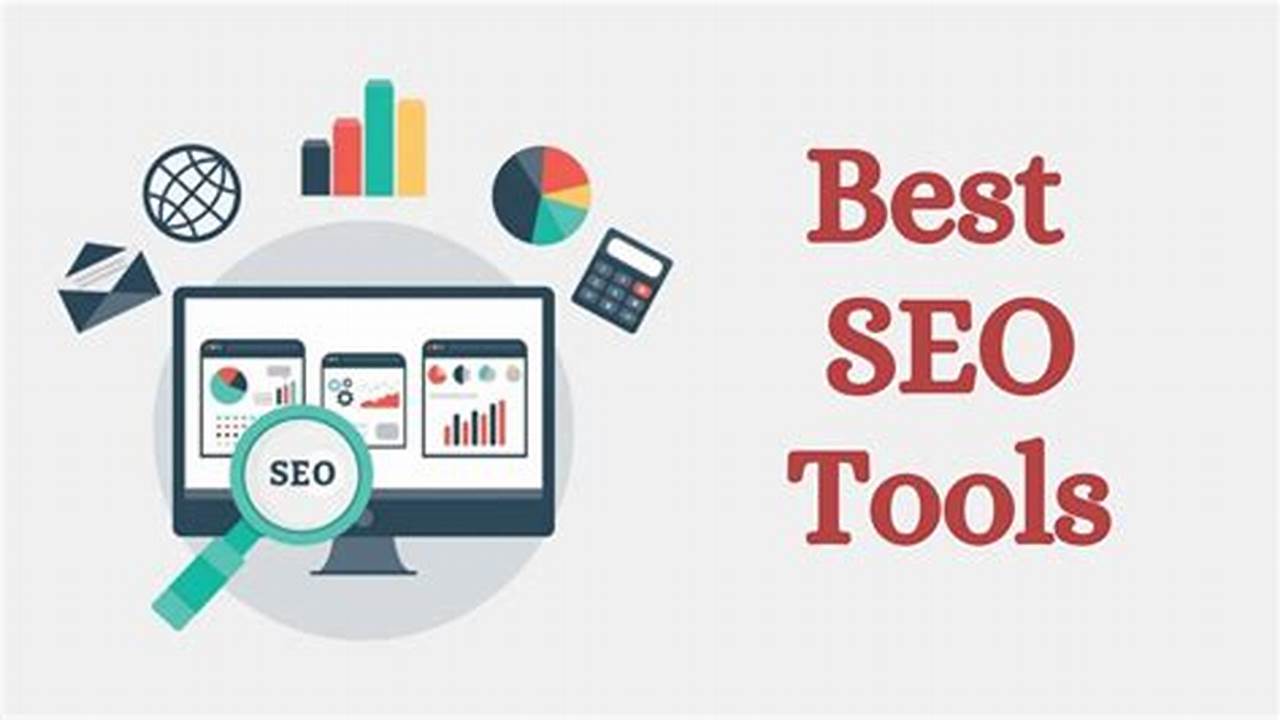Locating optimal Search Engine Optimization (SEO) analytics software is crucial for online success in 2024. Effective data analysis empowers informed decision-making, enabling website owners and marketers to refine strategies, improve search visibility, and ultimately drive more organic traffic. Choosing the right tools provides the necessary insights to understand website performance, competitor activities, and evolving search engine algorithms.
Importance of Accurate Data Analysis
Reliable data forms the foundation of any successful SEO strategy. Accurate analytics provide a clear understanding of website traffic, user behavior, and keyword performance.
Identifying High-Performing Keywords
Effective SEO analytics tools reveal which keywords are driving traffic and conversions, allowing for focused optimization efforts.
Understanding User Behavior
Analyzing user interactions on a website, such as bounce rate, time on page, and conversion paths, offers valuable insights for improving user experience.
Monitoring Website Performance
Tracking key metrics like page speed, crawl errors, and indexation status is essential for maintaining a healthy and well-performing website.
Competitive Analysis
Understanding competitor strategies, keyword rankings, and backlink profiles provides a competitive edge in the digital landscape.
Algorithm Updates and Adaptation
SEO analytics tools help navigate the ever-changing search engine algorithms by providing data-driven insights for necessary adjustments.
Measuring ROI of SEO Efforts
Quantifying the impact of SEO campaigns through accurate data analysis demonstrates the value and effectiveness of implemented strategies.
Content Optimization and Strategy
Data-driven insights inform content creation and optimization strategies, ensuring content resonates with target audiences and search engines.
Technical SEO Improvements
Identifying technical issues and opportunities for improvement, such as broken links and slow loading times, contributes to enhanced website performance.
Tips for Selecting SEO Analytics Tools
Consider factors such as budget, reporting features, data integration capabilities, and the specific needs of your website or business.
Prioritize tools that offer comprehensive data visualization and reporting options for easy interpretation and actionable insights.
Ensure the chosen tools integrate seamlessly with existing marketing platforms and data sources for a streamlined workflow.
Explore free trials or demo versions before committing to a paid subscription to evaluate the tool’s suitability.
Frequently Asked Questions
What are the core metrics to track in SEO analytics?
Essential metrics include organic traffic, keyword rankings, bounce rate, conversion rate, time on page, and backlink profile.
How often should SEO data be analyzed?
Regular monitoring, ideally weekly or monthly, allows for timely adjustments to strategies based on performance trends.
What are the benefits of using specialized SEO analytics tools?
Specialized tools provide in-depth data analysis, advanced reporting features, and automation capabilities that streamline SEO workflows.
How can SEO analytics improve website visibility?
By identifying areas for improvement and optimizing content and website structure, analytics contribute to higher search engine rankings and increased visibility.
Are free SEO analytics tools sufficient for small businesses?
Free tools can provide basic insights, but as businesses grow, investing in more comprehensive paid tools often becomes necessary for advanced analysis and reporting.
How can I integrate SEO analytics with other marketing data?
Many SEO analytics platforms offer integrations with other marketing tools, allowing for a holistic view of campaign performance and customer behavior.
In conclusion, selecting the appropriate SEO analytics tools is paramount for achieving online success in 2024. By leveraging data-driven insights, businesses can optimize their websites, improve search visibility, and drive sustainable growth.

Leave a Reply